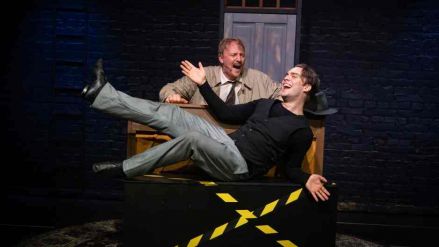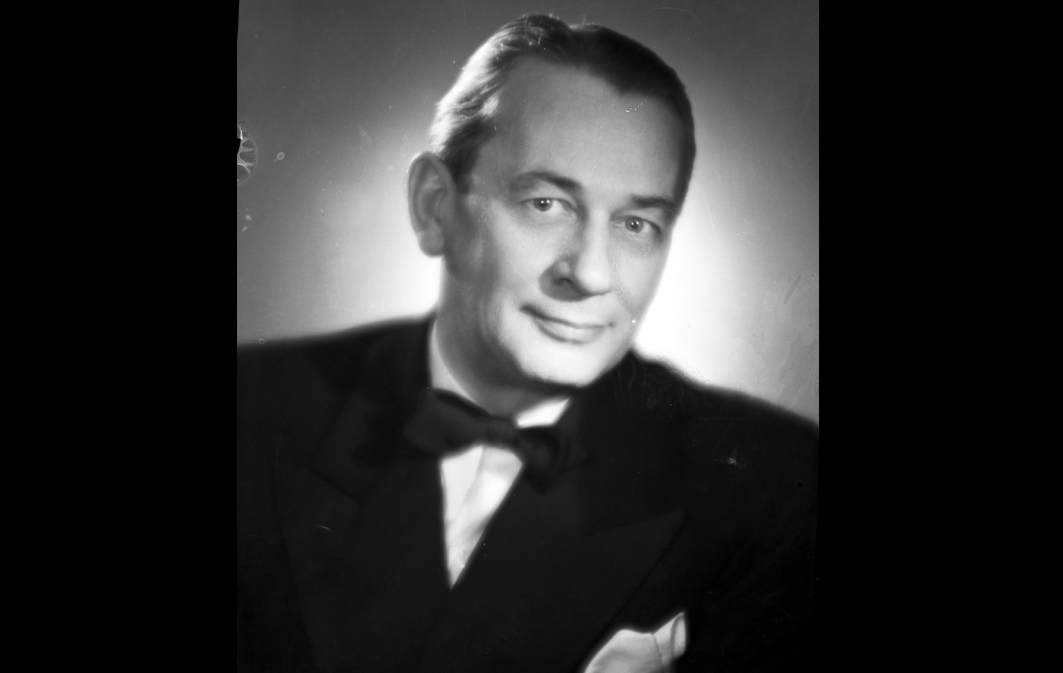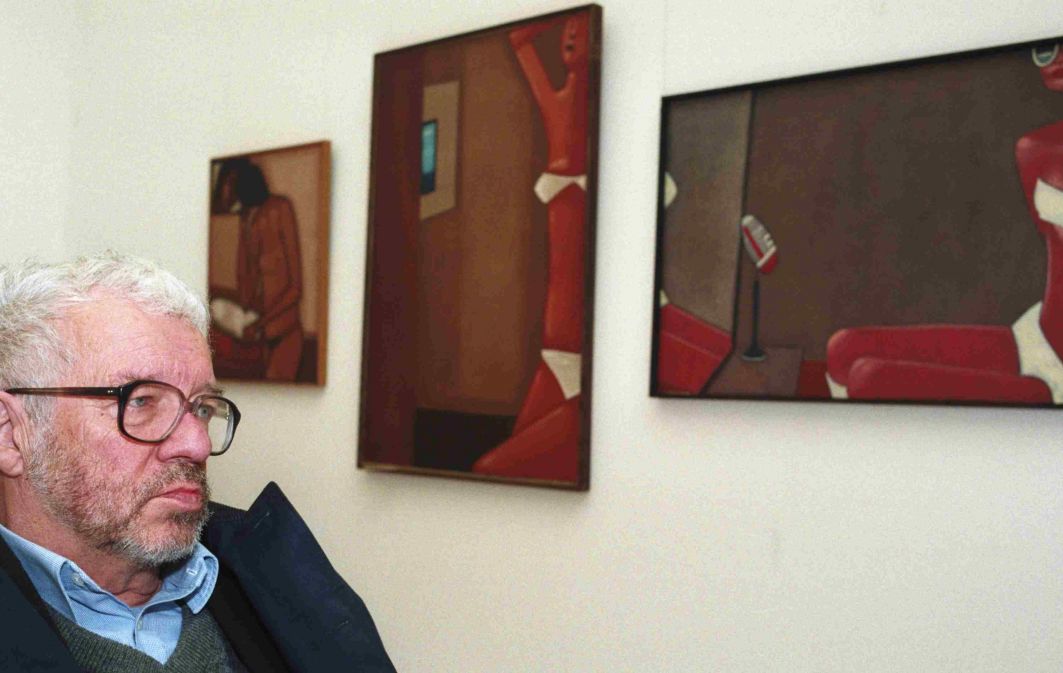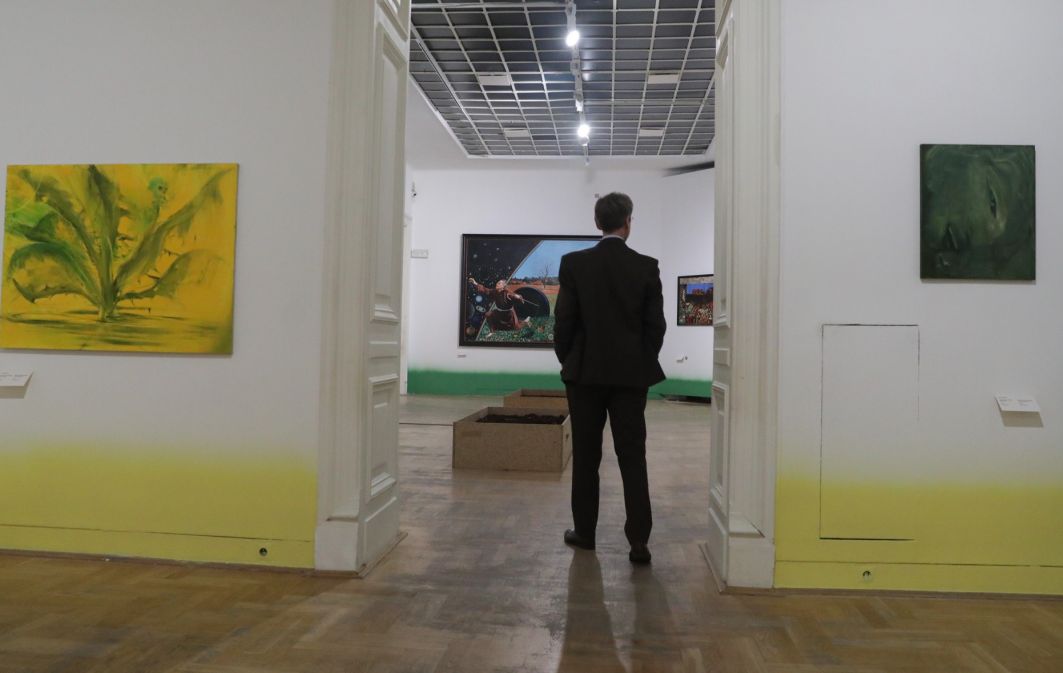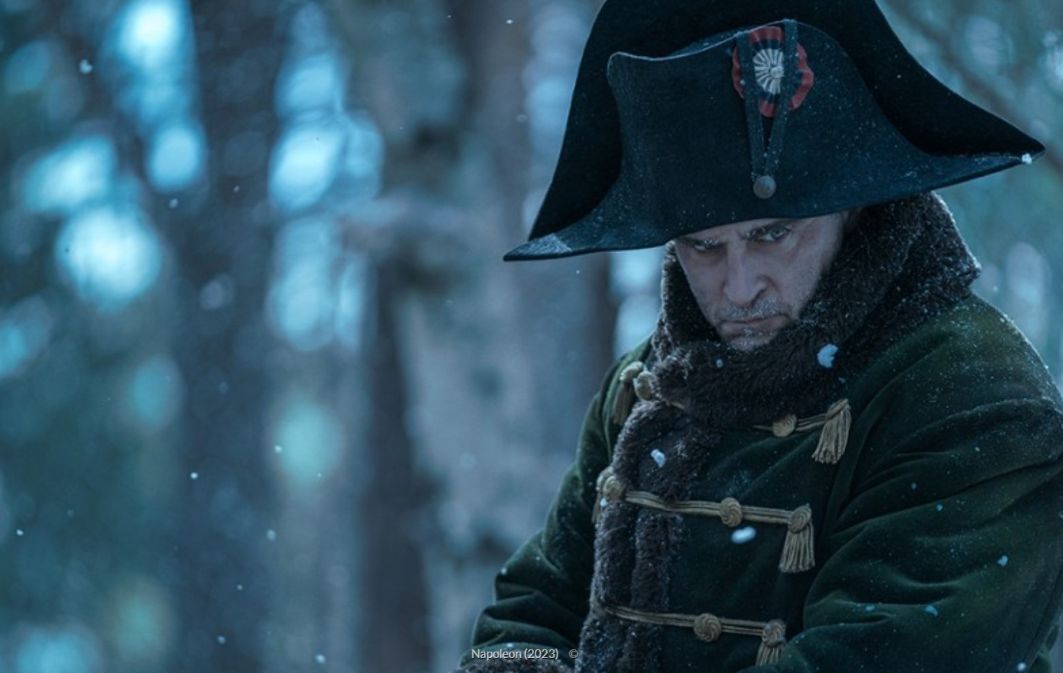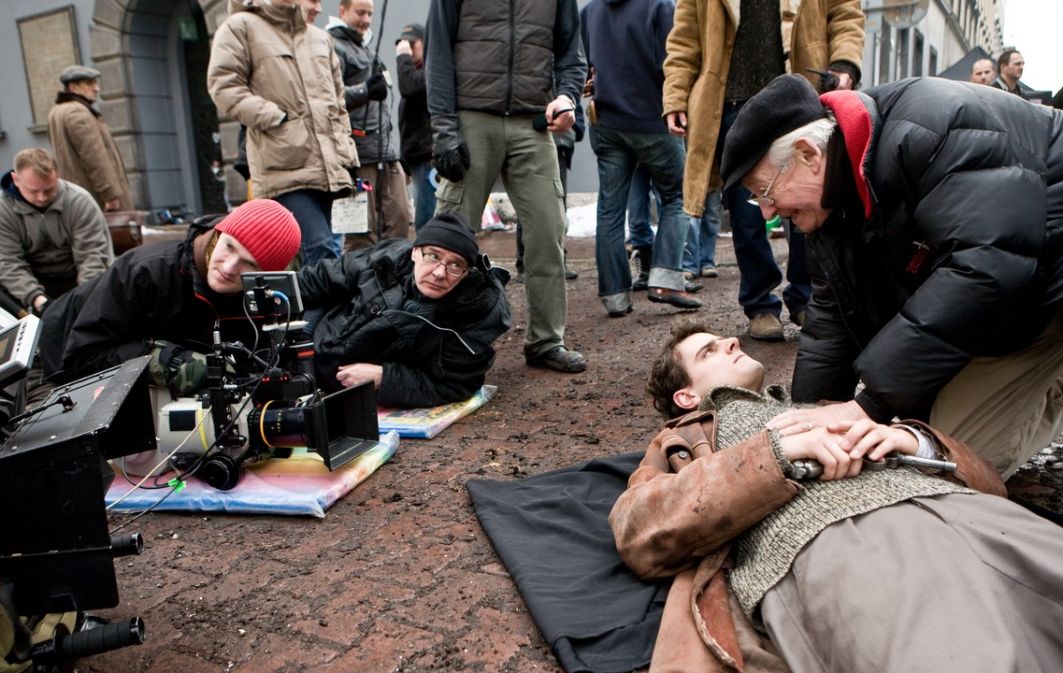He used to say that he got into the Leon Schiller National Higher School of Film, Television and Theatre in Łódź somewhat by accident - because "he didn't like counting, drawing, or poring over textbooks at all." “I loved reading, of course, but only when I could choose the reading myself. There were times when I was playing truant in libraries! In such circumstances I became acquainted with a large part of the world's famous literary classics - he added.
 SIGN UP TO OUR PAGE
SIGN UP TO OUR PAGE 
Why did he choose acting? – “Mainly because the only things required from the candidates were a good memory and imagination, which were my strengths. I was especially good at daydreaming,”- he joked. He was accepted as a student, but because he did not submit to academic discipline, after reminders, exhortations and reprimands, finally and with regret he was asked to leave. “ - Actually, after one semester, I had had enough. The teaching staff turned out to be so kind that I was able to repeat the first year, which supposedly never happened before or after. I will say more - the professors collected money for my food, but I splashed the cash by playing poker passionately at night time”- he recalled.
Did it help him later on the “Big Shar” set?
The miner, who went down to the “The Cellars under the Rams” [”Piwnica pod Baranami”]
The threat of military service hung over the young man who was unemployed. So, to avoid being sent to the barracks, he decided to work… underground. The hard coal production in one of the mines in Bytom guaranteed that army recruitment would be postponed.
He was accommodated in a Silesian workers’ hostel: “A four-people room with traces of previous tenants on the walls, floor and ceiling. Two battered bunk beds, a creaking wardrobe, a crooked table, dilapidated chairs, a washbasin with a leaking faucet, a toilet that one often needed to queue up to … A common room with a misaligned TV set, equipped with a colour overlay on the screen, thanks to which it offered an illusion of colour television. By the way, it was in such circumstances - during a snapshot from some athletics meeting - that I probably first saw Barbara (de domo Lerczak, primo voto Janiszewska, secundo Sobotta, the leading Polish sprinter - note by the author of TZZ), the mother of my son Lukasz. And a surprising soup kitchen... On my tongue, I can still feel the taste of Silesian noodles with red cabbage and black pudding, when sipping a pint of Tyskie beer.”
He usually started his shift at the crack of dawn. After work, exhausted, he would fall asleep, interrupted by the noise of the “kolkhoznik” - the loudspeaker placed above the room door. The device broadcast mine announcements and also the Polish Radio Katowice program:
“… at that time, lavishly inlaid with hits by Maria Koterbska, Natasza Zylska and Janusz Gniatkowski, often opening a window to the world for my generation. Ah…! All those songs… »Indonesia«, »Mexicana«, »Cuba«, »Paris is dreaming«, »Arrivederci Roma«,….”

 SIGN UP TO OUR PAGE
SIGN UP TO OUR PAGE 
